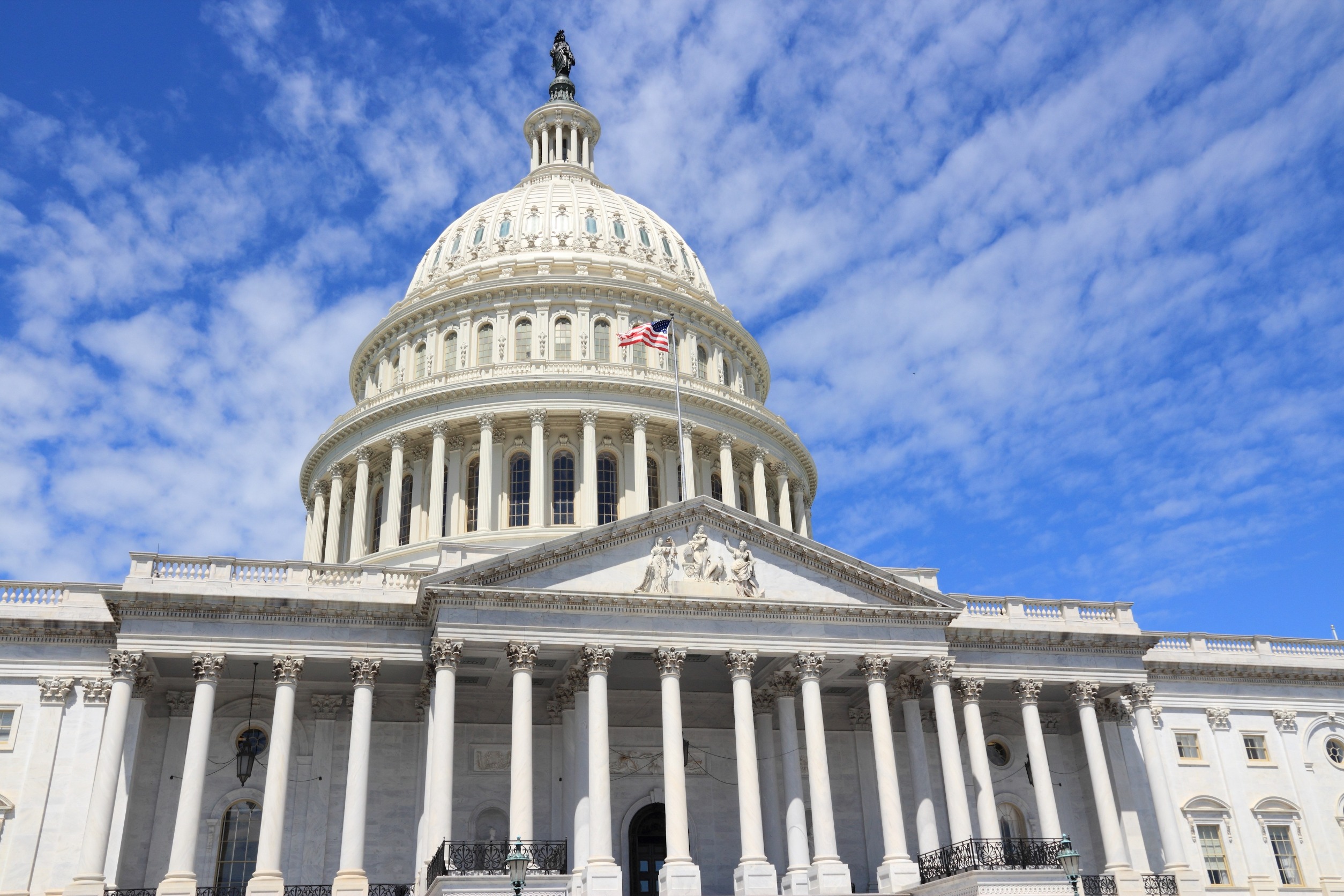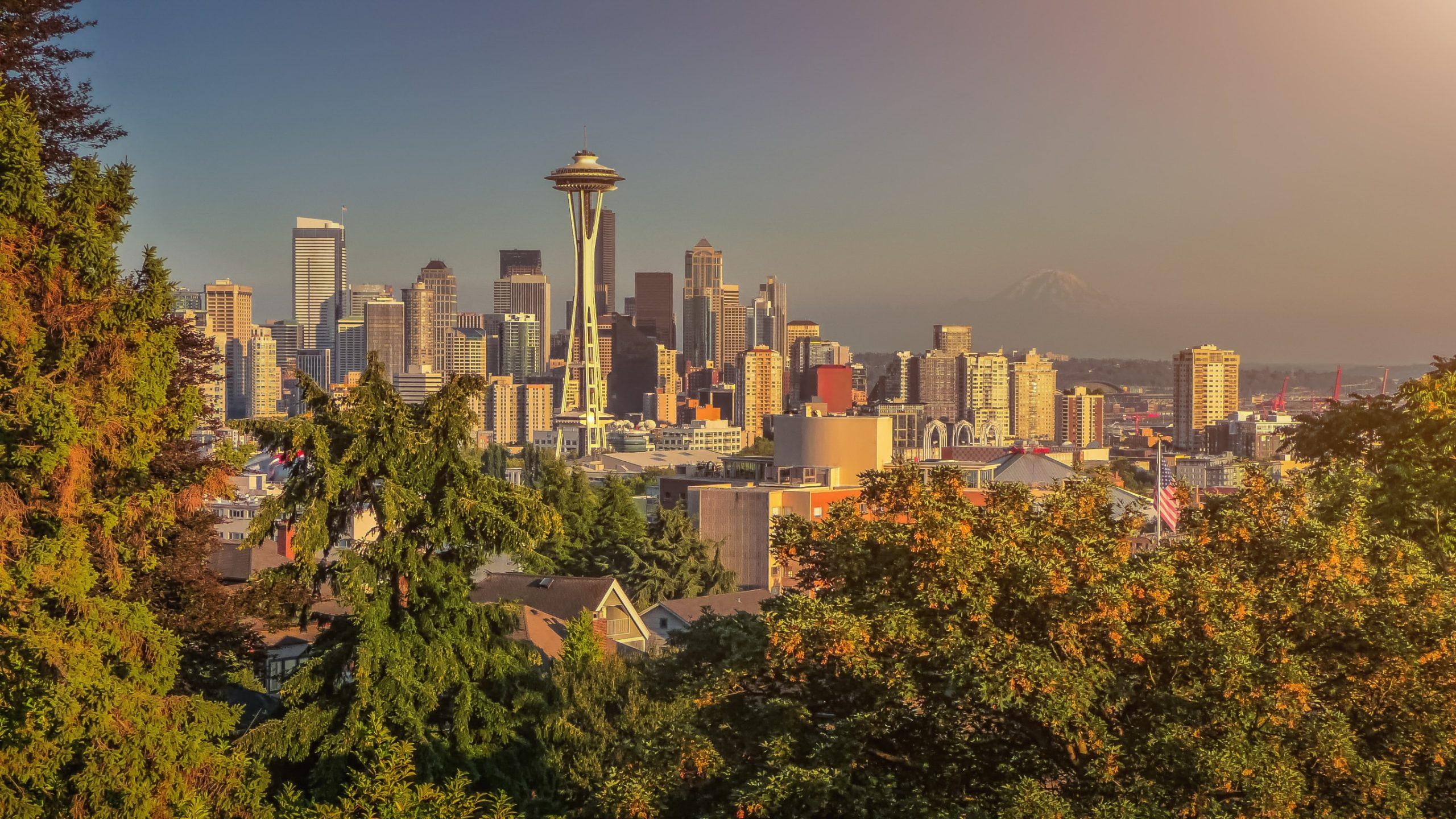As the lockdown in London has freed its neighborhoods of traffic, pollution, and noise, many people have started paying more attention to the greenery that embellishes their streets. This has been especially reflected in the fiftyfold increase in visitors to an online mapping tool featuring the location and species of more than 700,000 trees in London.
The founders of TreeTalk, which creates a walk specific to a user’s location and identifies trees on the route, say an increase in people spending more time at home getting to know their natural surroundings has led to a surge in interest.
In May alone there were 16,000 requests from users to create a personalized tree walk and 10,000 visitors a week to the site, an increase of 5,000 percent on the same three-month period during spring last year.
TreeTalk was created in 2017 using data released by the mayor of London’s environment team. The Greater London authority data combined information provided by the city’s boroughs and Transport for London, which plants and maintains trees on the capital’s busiest roads.
There are more than 8 million trees in the capital – almost one for every Londoner – and the TreeTalk map and trails feature more than 600 species. Simply enter a postcode and it will generate a walk telling the stories of the trees on the way, from some of the most common species such as the famous London plane or the sycamore to the rarer Amur maple and Vilmorin’s rowan, of which there are fewer than 10 in London.
There are now calls to bring the app to other cities in the UK and abroad. TreeTalk is currently discussing a proposal with an east coast city in the US, while cities in Australia and India have also expressed interest.
The growth of interest in trees matches that shown in plants. A growing army of rebel botanists has taken to chalking the names of plants growing in the cracks of paths and walls in cities across Europe.












